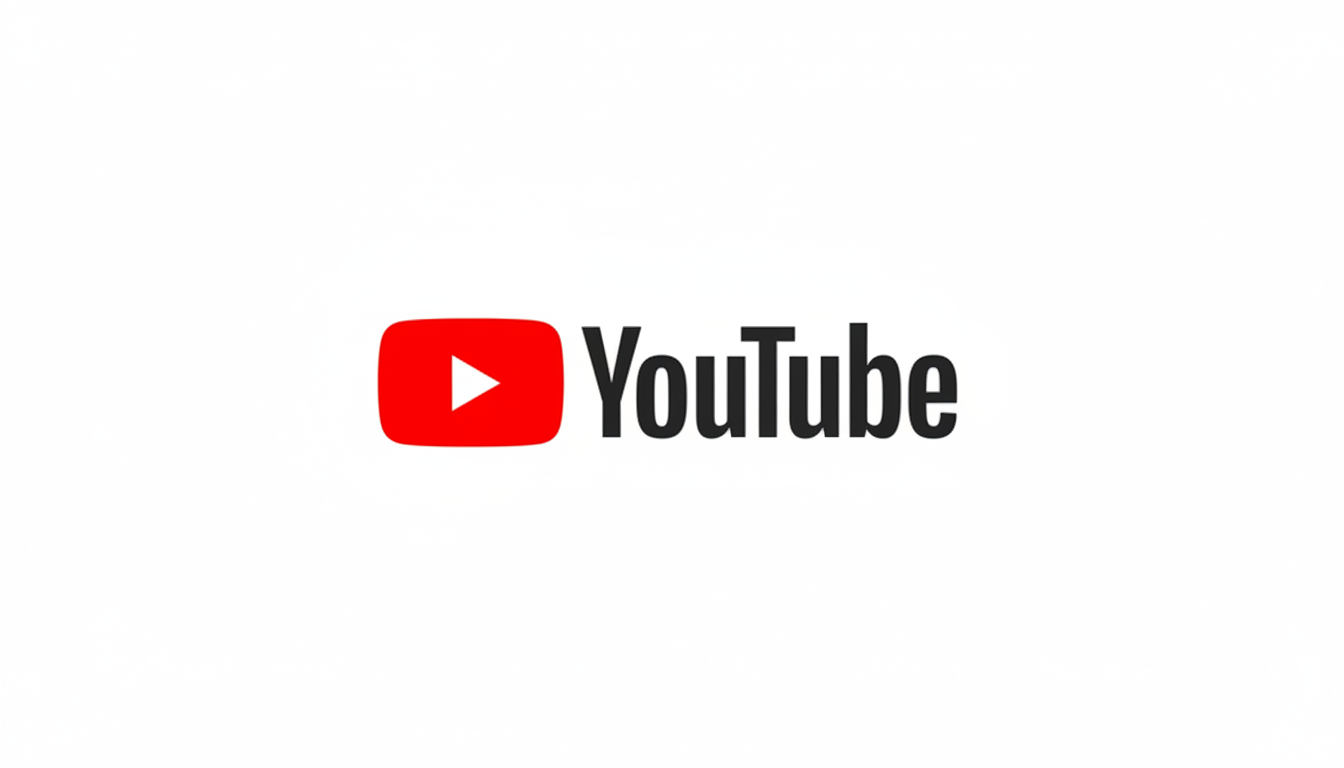A sprawling, coordinated scam on YouTube is pushing malware at scale, and security researchers say it ranks among the largest campaigns they’ve seen on the platform. The operation, nicknamed the YouTube Ghost Network by Check Point researchers who tracked it for more than a year, uses slick tutorial videos, compromised channels, and even paid ads to funnel victims to infected downloads. Here’s what’s happening and how to stay safe.
What security researchers uncovered in the investigation
Check Point’s analysis identified more than 3,000 videos forming a sophisticated distribution pipeline for information-stealing malware. The videos promise free or “cracked” versions of popular software like Adobe Photoshop, FL Studio, and Microsoft Office, plus game cheats and hacks for titles including Roblox. Views are not trivial: one compromised channel with about 129,000 subscribers pushed a fake Photoshop crack that drew roughly 291,000 views.
- What security researchers uncovered in the investigation
- How the YouTube scam hooks viewers into malware
- Why this scam operation scales rapidly across YouTube
- What The Malware Steals And Why It Matters
- Key red flags to spot dangerous YouTube scam videos
- How to protect yourself from YouTube malware scams now
- The bottom line on the YouTube Ghost Network scam

Investigators say the network has operated for years, with activity surging recently. It’s not just the uploads: the threat actors also weaponize comments, pinned messages, and account interactions to add fake legitimacy. The videos link to password-protected archives hosted on services such as Google Drive or Dropbox, while comments supply the password and enthusiastic “user reviews” to nudge skeptics.
How the YouTube scam hooks viewers into malware
The playbook is depressingly consistent. A video walks viewers through an enticing “how to” process, then instructs them to download a ZIP or RAR archive and temporarily disable Windows Defender before extracting files. That step is the tell: disabling protection is framed as necessary to stop “false positives” on a crack, but it simply clears the way for malware to run undetected.
Check Point attributes payloads in this campaign to well-known information stealers, including Rhadamanthys and Lumma. Once launched, these tools harvest browser passwords and cookies, crypto wallets, messaging tokens, and other credentials, enabling account takeovers, financial theft, and further intrusions.
Why this scam operation scales rapidly across YouTube
Researchers describe a modular setup designed to survive takedowns. Operators rotate among fake and hijacked YouTube accounts to upload content, separate personas handle comments and support, and external file hosts serve the payloads. Fraudulent ad campaigns have reportedly driven additional traffic to the videos, amplifying reach beyond organic search.
This division of labor lets the network recover quickly when individual links or channels are banned. The approach mirrors tactics seen on other platforms—such as malware seeded via GitHub repositories with inflated stars and forks—suggesting a broader ecosystem of interchangeable tools and identities.
What The Malware Steals And Why It Matters
Stealer malware is popular because it’s cheap, fast, and devastating. Security firms have documented thriving “stealer-as-a-service” operations where affiliates pay subscriptions to generate unique builds. The stolen data—credentials, session cookies, and wallet keys—often ends up in searchable logs sold on underground markets, enabling everything from social media hijacks to enterprise breaches when personal and work identities overlap.

Even a single successful run can compromise email, bank accounts, and developer portals. Session cookies are particularly dangerous: they may allow criminals to bypass passwords and MFA, riding an existing login to drain funds or pivot into corporate systems.
Key red flags to spot dangerous YouTube scam videos
Be cautious of videos offering free or cracked software, premium plugins, keygens, or game cheats. Treat instructions to disable antivirus as an immediate stop sign. Password-protected archives, short-link gateways, and comments that share passwords and “verified” feedback are classic tells. Compromised channels may look reputable, but check for abrupt content shifts, recent name changes, and a sudden flood of nearly identical uploads.
Another warning sign: creators who never show the software’s legitimate site, skip license info, or gloss over verification steps. Real tutorials reference official sources and avoid pushing executables through cloud links or file lockers.
How to protect yourself from YouTube malware scams now
Only download software from official vendor sites, trusted app stores, or verified distributors. Never disable Windows Defender or any security tool to run downloads. If you handle unknown files, scan them with your security suite and consider running them in a sandbox or a non-admin account.
Harden your accounts: use a password manager, enable MFA (preferably with a hardware key), and regularly review active sessions and app tokens for Google, Microsoft, and social platforms. If you’ve installed questionable “cracks,” assume compromise—disconnect the device from networks, change passwords from a clean machine, revoke tokens, and run a full malware scan. For crypto users, migrate funds to new wallets with fresh seed phrases.
Creators can protect their channels by enabling strong MFA, monitoring for unusual uploads, and reviewing permissions for editors and brand managers. Advertisers should audit campaigns and agencies to avoid inadvertently funding malicious content.
The bottom line on the YouTube Ghost Network scam
The YouTube Ghost Network thrives on curiosity and shortcuts—free software, quick cheats, easy wins. That bargain comes at a high price. Treat unsolicited downloads and antivirus-disabling instructions as a hard no, and stick to legitimate sources. Platforms and security teams are removing malicious videos in waves, but user awareness remains the most effective defense.

